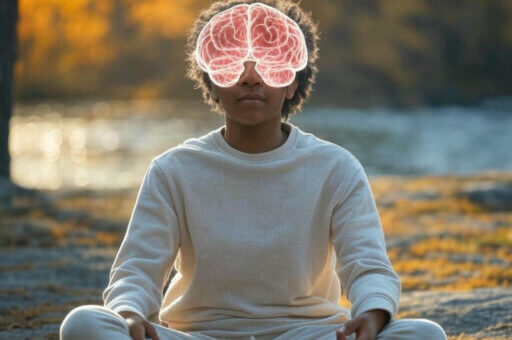Mindfulness: A Guide to Living in the Present
Mindfulness: A Guide to Living in the Present
Blog Article

In today’s fast-paced world, many people find it difficult in staying present in the moment.
What is Mindfulness?
Mindfulness is the skill of being completely aware in the now.
The concept of mindfulness has roots in ancient meditative traditions but has been embraced in modern psychology and wellness practices.
The Positive Effects of Mindfulness
Practicing mindfulness can lead to various benefits, including:
- **Lower Stress Levels**
By practicing mindfulness, you can calm your nervous system.
- **Stronger Mental Performance**
Regular mindfulness practice sharpens concentration, making it easier to stay focused.
- **Better Control Over Emotions**
It creates self-awareness, leading to emotional stability.
- **Deeper and More Restful Sleep**
Mindfulness reduces nighttime anxiety, making it easier to stay asleep.
- **A Deeper Connection with Yourself**
This guides you in making healthier decisions in life.
Simple Mindfulness Techniques
Mindfulness can be practiced in different ways. Here are a few simple techniques:
1. **Mindful Breathing**
Take slow, deep breaths, paying attention to each inhale and exhale.
2. **Tuning into Physical Sensations**
Close your eyes and notice each part of mindfulness your body, from head to toe.
3. **Mindful Eating**
Eat slowly, noticing the taste, texture, and smell of your food.
4. **Letting Thoughts Pass**
This helps clear mental clutter.
5. **Spending Time in Nature**
Nature is a natural mindfulness enhancer, helping you feel grounded.
Common Misconceptions About Mindfulness
Despite its widespread practice, mindfulness is often misunderstood. Here are some common myths:
- **You Have to Stop Thinking**
Mindfulness is not about eliminating thoughts, but rather about becoming aware of them.
- **Mindfulness Takes Too Much Time**
Mindfulness can be practiced in moments, even in quick exercises.
- **Mindfulness is Only for Spiritual People**
While mindfulness has roots in Buddhism, it is beneficial for everyone regardless of belief system.
Conclusion
Start with small steps and observe the positive changes it makes in your daily experience.
Why not start practicing now? Every moment is an opportunity to be present! Report this page